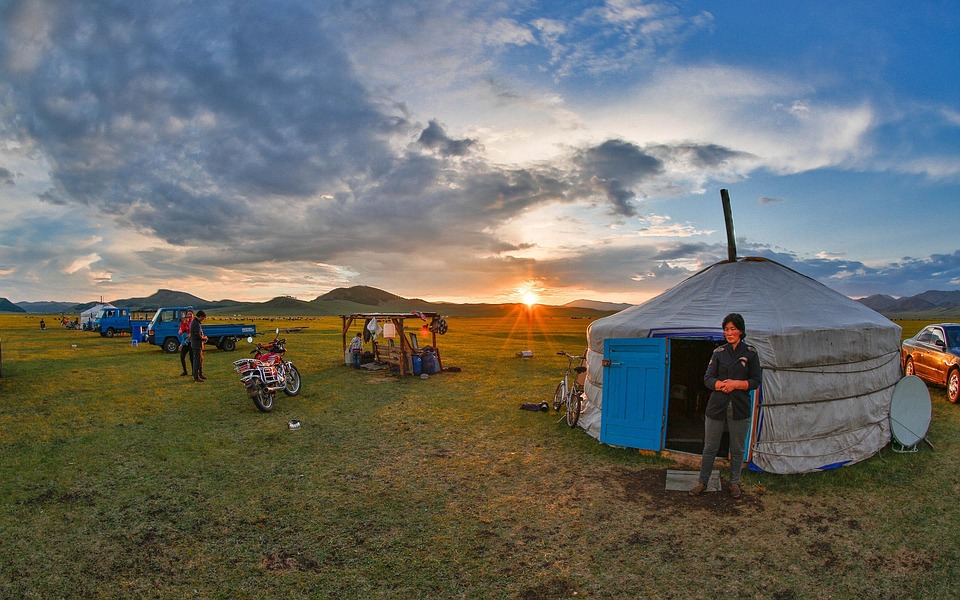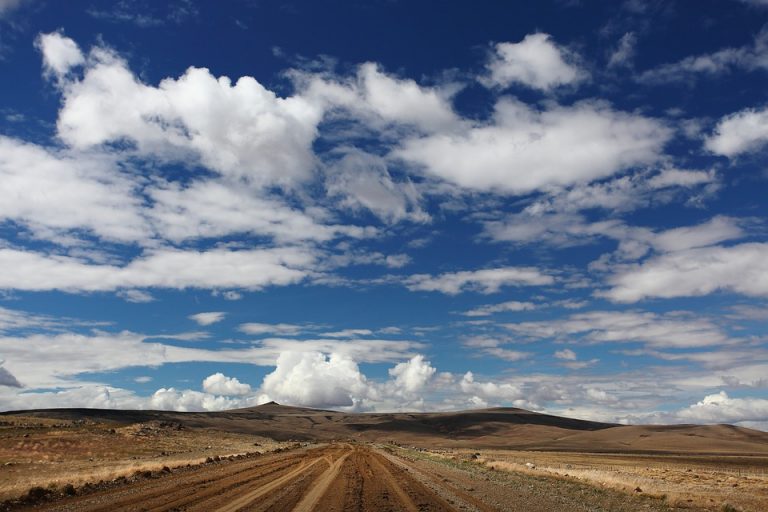Digital nomad lifestyle is the art of blending work and travel without letting either suffer. It’s not a trend; it’s a toolset—mental, technical, and practical—that frees you from one address and hands you responsibility for your time, health, and income. If you want to keep your laptop close and your life fuller, the right tools are what separate glorious freedom from constant friction.
You care about productivity, safety, and sanity. You want to be reliable for clients and present for yourself. This article shows you the ten tools that make the whole thing possible—gear, apps, and habits I’ve seen work for professionals who log onto meetings from airplane lounges and beachfront cafes. I’ll cite research and expert guidance so you can trust what you pack, subscribe to, and adopt.
Contents
- Why The Right Tools Matter For The Digital Nomad Lifestyle
- Top 10 Tools To Make The Digital Nomad Lifestyle Work
- 1. Reliable Portable Wi‑Fi And Local SIM Plan
- 2. Lightweight Laptop With Long Battery Life
- 3. Security Suite And Password Manager
- 4. Cloud Storage And Backup Plan
- 5. Noise‑Cancelling Headphones And Microphone
- 6. Portable Power And Adapters
- 7. Productivity And Project Management Tools
- 8. Financial Tools And Travel Insurance
- 9. Health And Wellness Apps
- 10. Community Platforms And Local Resources
- How I Choose Tools That Last
- Practical Checklist For Your Next Trip
- Bottom Line
- FAQ
Why The Right Tools Matter For The Digital Nomad Lifestyle
The difference between a trip that energizes you and a trip that burns you out is preparation. A review of remote work trends in Harvard Business Review explains how structure and technology boost long-term productivity and mental health (https://hbr.org/2020/11/what-remote-work-means-for-the-future-of-work). When you shape your environment with intentional tools, you create stability inside movement. That stability lets you deliver consistent work and savor the life you chose.
Think of tools as small contracts with yourself. They say: I will protect my time. I will secure my data. I will sleep, move, and produce. When the tools are right, your days stop being an improv show and become a purposeful routine—portable, resilient, and humane.
Top 10 Tools To Make The Digital Nomad Lifestyle Work
Below are ten essential tools. Each one answers a real pain point—connectivity, security, work setup, finances, wellness, or community. Use them to build a predictable, professional life on the move.
1. Reliable Portable Wi‑Fi And Local SIM Plan
Nothing kills momentum like a dead connection. A durable mobile hotspot and a strategy for *local SIM cards* keep you online wherever you land. Look for devices with global coverage and battery life that survives a full workday. Combine that with a local SIM for cheap data and fewer dropped calls.
Business travelers report fewer deadline crises when they carry backup internet. The World Bank has research on digital connectivity’s impact on work mobility that reinforces investing in reliable internet (https://www.worldbank.org/en/topic/digitaldevelopment/brief/digital-economy).
2. Lightweight Laptop With Long Battery Life
Your laptop is your office. Choose a machine with a good keyboard, strong battery, and fast SSD. Portability matters, but so does performance—video calls, spreadsheets, and photo editing demand balanced power.
Carry a slim protective sleeve and a small portable monitor if your work requires real estate. A second screen transforms a cramped cafe setup into a potent workstation.
3. Security Suite And Password Manager
Travel widens your attack surface. A solid VPN, two-factor authentication, and a reputable password manager protect your identity and your clients. Cybersecurity guidelines from major institutions stress layered protection for remote workers, and you should treat your accounts like they fund your life—because they do.
Choose a password manager that shares credentials securely for team projects. It’s worth paying for the peace of mind when a single mistake overseas could cost you months of work.
4. Cloud Storage And Backup Plan
Lose your device, but keep your work. Sync to cloud services and run automated backups to at least two locations: one cloud and one physical (an encrypted external drive). Regular backups prevent loss and let you switch devices with minimal disruption.
Experts in data stewardship recommend the 3-2-1 backup method: three copies, two media types, one offsite copy. Follow it and sleep easier.
5. Noise‑Cancelling Headphones And Microphone
Sound is your secret weapon. Quality noise cancellation creates a private studio in a crowded coworking space. A crisp microphone keeps your voice clear on client calls, which builds trust faster than a perfectly framed background ever will.
Audio clarity equals credibility. Invest once and let your presence speak for itself over patchy acoustics and loud neighbors.
6. Portable Power And Adapters
Adaptors, surge protectors, USB‑C chargers, and a high-capacity power bank are non-negotiable. Different countries, different sockets—be prepared. A compact power strip with USB ports turns one outlet into a command center.
Cable organizers keep cords tidy. Small conveniences like this reduce friction and protect expensive gear.
7. Productivity And Project Management Tools
Manage tasks with tools that centralize your work: calendar, task manager, and a lightweight project hub. Use shared boards for client transparency and time trackers for accurate billing. Consistency in tools makes remote collaboration smoother and reduces confusion.
Studies on remote teamwork emphasize the role of clear processes and shared tools in performance; pick systems that your team can actually use and stick to them.
8. Financial Tools And Travel Insurance
Handle money like a professional. A travel-friendly bank card, an app for tracking expenses, and international invoicing tools will keep your cashflow predictable. Add travel insurance that covers medical care and stolen gear; it’s an investment that replaces panic with action.
Financial clarity reduces stress. Automate invoices and payments so you don’t spend evenings reconciling numbers in a hostel hallway.
9. Health And Wellness Apps
Your body travels with you. Use apps for sleep tracking, guided movement, and telemedicine. Evidence shows that regular sleep and movement improve cognitive performance, which translates to better work and happier clients.
Book quick virtual checkups instead of waiting weeks in foreign clinics. Prioritizing health prevents small issues from derailing travel plans.
10. Community Platforms And Local Resources
Loneliness and local logistics are solvable. Tap into coworking directories, local Facebook groups, and platforms that list visa requirements and tax advice. Community makes the digital nomad lifestyle sustainable and social, not isolating.
Local resources often save money and time. Connect with experienced nomads for housing tips, trustworthy mechanics, and where to find a quiet cafe for deep work.
How I Choose Tools That Last
Choose tools that solve multiple problems. I prefer gear that’s repairable and services with clear support. If a product forces you to adapt your habits to the tool rather than the other way around, toss it. Simplicity wins.
Trust experts but test in the field. Read reports from trusted institutions and pair that with a short trial. For example, advice from medical centers about sleep hygiene can guide tools that keep you rested while moving across time zones.
Practical Checklist For Your Next Trip
- Backup internet: hotspot and local SIM.
- Secure gear: VPN, password manager, encrypted drive.
- Power essentials: adapter, power bank, cable organizer.
- Workspace kit: headphones, portable monitor, laptop stand.
- Financial safety: travel insurance, multi-currency card, invoicing app.
Print this list, then remove at least one item you think is optional. You’ll see what actually matters fast.
Bottom Line
Digital nomad lifestyle rewards deliberate preparation. It asks you to be both adventurous and methodical—that’s the paradox. Invest in connectivity, security, comfort, and systems that let you show up dependable no matter the country code. Discipline around little tools pays dividends in freedom and joy.
When tools remove daily friction, you get back your most valuable currency: attention. Use it for work that matters and life that heals.
You can build a life that moves with you—intentionally, safely, and powerfully.
FAQ
Is the digital nomad lifestyle safe for long-term work?
Yes, when you treat it like a business. Secure your accounts, buy insurance, and set routines. Research from reputable centers on remote work shows that workers who maintain structure and support report better wellbeing and productivity.
What’s the best way to handle taxes while traveling?
Every country and situation differs. Use trusted tax advisors who specialize in expatriates and digital workers and keep meticulous records with cloud-based accounting tools. Start local by checking guidance from official tax agencies and consult a specialist for cross-border advice.
How do I maintain relationships while moving often?
Schedule regular check‑ins and keep rituals. Use video calls with a plan—you’re not just “calling,” you’re sharing a moment. Community platforms also help you meet people live and build friendships that travel with you.
—
References
Harvard Business Review discusses how remote work shapes productivity and routines, and offers insight relevant for nomads (http://hbr.org/2020/11/what-remote-work-means-for-the-future-of-work).
The World Bank explains digital infrastructure and its impact on work mobility, useful when planning connectivity for travel (http://www.worldbank.org/en/topic/digitaldevelopment/brief/digital-economy).
Pew Research Center provides data on remote work trends and demographics, helping you plan realistic expectations for the digital nomad lifestyle (https://www.pewresearch.org/social-trends/2021/12/09/work-from-home-after-the-pandemic/).
OECD offers analysis on teleworking and policy approaches that affect cross-border workers, which helps with understanding regulations (https://www.oecd.org/els/emp/telework-and-work-from-home.htm).








